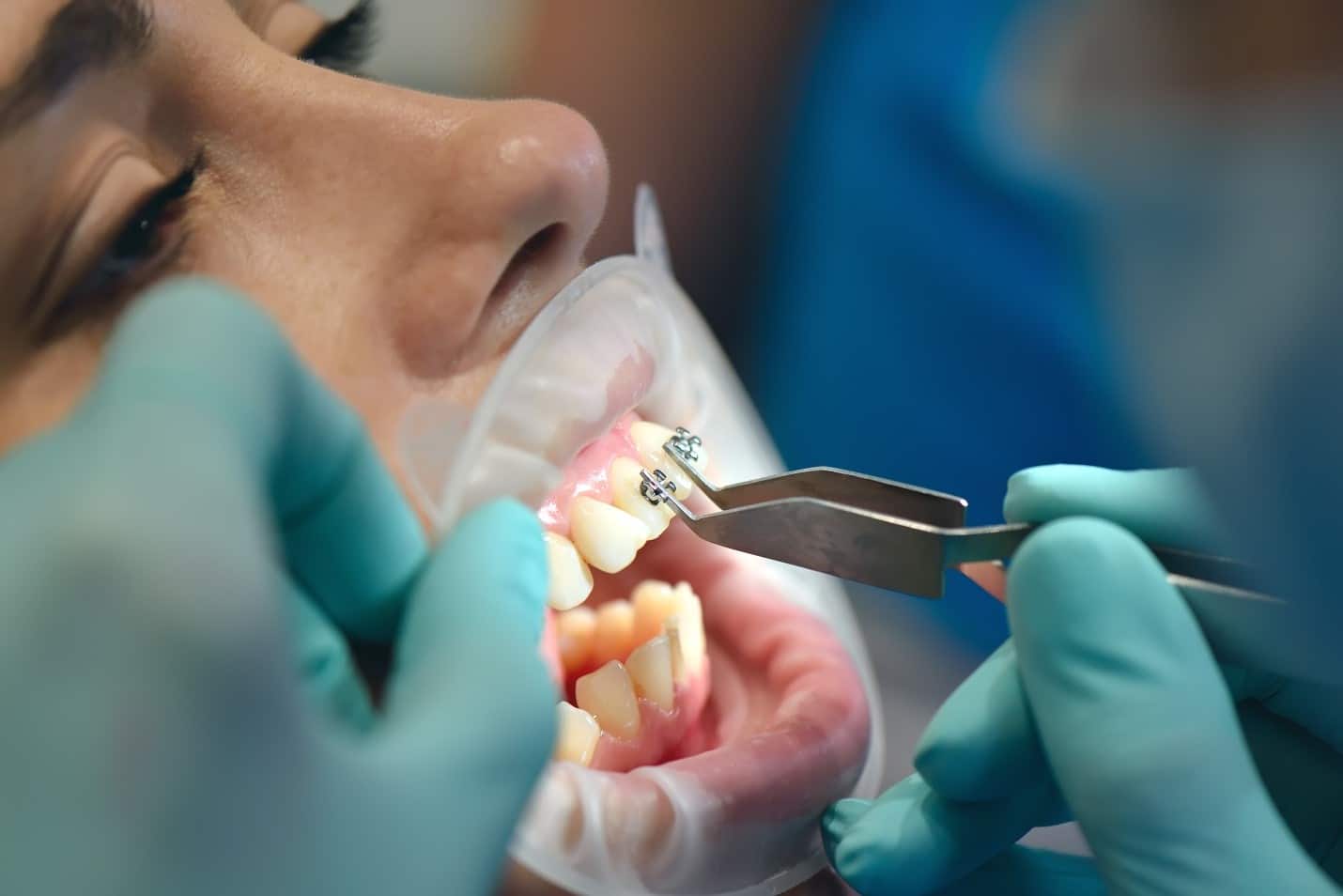Erectile Dysfunction (ED) is a common and often sensitive issue that can affect couples emotionally and physically. Understanding and addressing ED requires open communication, empathy, and a collaborative approach. This guide aims to provide couples with a well-researched, user-friendly resource to navigate the challenges posed by ED. If you are looking for genuine ED treatment then must try generic viagra online
-
Understanding Erectile Dysfunction:
- Define ED: ED is the inability to achieve or maintain an erection sufficient for sexual satisfaction.
- Explore the causes: ED can result from physical factors (e.g., cardiovascular issues, diabetes) or psychological factors (e.g., stress, anxiety).
-
Encourage Open Communication:
- Foster a safe space: Create an environment where both partners feel comfortable discussing their feelings, concerns, and desires.
- Normalize conversation: Acknowledge that ED is a common issue and that seeking solutions together is a shared goal.
-
Seek Professional Guidance:
- Consult a healthcare professional: Schedule a visit with a doctor or a urologist to identify the underlying causes and explore treatment options.
- Involve your partner: Attend appointments together to enhance mutual understanding and support.
-
Explore Treatment Options:
- Medications: Discuss the potential benefits and side effects of medications like Viagra or Cialis.
- Lifestyle changes: Encourage healthier habits such as regular exercise, a balanced diet, and stress management.
- Therapies: Consider psychological interventions, such as counseling or sex therapy, to address emotional aspects of ED. you should try fildena super active
-
Embrace Intimacy Beyond Penetrative Sex:
- Expand your definition of intimacy: Focus on emotional connection, sensual touch, and shared experiences.
- Experiment with different activities: Explore new ways to express affection and maintain a satisfying sexual connection.
-
Educate Yourself About ED:
- Learn about the condition: Understanding the physiology of ED can reduce misconceptions and alleviate anxiety.
- Read together: Share articles, books, or reputable online resources to stay informed.
-
Manage Expectations:
- Set realistic expectations: Recognize that progress may take time, and there might be setbacks.
- Celebrate small victories: Acknowledge improvements in communication, intimacy, and overall relationship health.
-
Support Mental Health:
- Address stress and anxiety: ED can be exacerbated by psychological factors; hence, stress reduction techniques and emotional support are crucial.
- Encourage self-care: Foster habits that promote mental well-being, such as regular exercise, hobbies, and relaxation techniques.
-
Couples Therapy:
- Consider professional assistance: A therapist specializing in sexual health or couples counseling can provide guidance and facilitate communication.
- Enhance emotional connection: Therapy can strengthen the emotional bond between partners, improving overall relationship satisfaction.
-
Celebrate Progress:
- Acknowledge improvements: Celebrate milestones, whether they be improvements in sexual function, enhanced communication, or strengthened emotional connection.
- Reinforce the partnership: Facing ED together can deepen the bond between partners.
-
Supporting Lifestyle Changes:
- Encourage a heart-healthy diet: A diet rich in fruits, vegetables, whole grains, and lean proteins can positively impact cardiovascular health, which is closely linked to erectile function.
- Promote regular exercise: Physical activity improves blood flow, helps maintain a healthy weight, and contributes to overall well-being.
-
Understanding Medication Side Effects:
- Educate yourselves on potential side effects: Many medications for ED may have side effects, such as headaches or flushing. Understanding these effects can help manage expectations and decide on the most suitable treatment.
-
Addressing Relationship Dynamics:
- Explore intimacy-building activities: Engage in activities that foster emotional connection, such as shared hobbies, date nights, or even non-sexual physical touch.
- Openly discuss desires and fantasies: Exploring each other’s fantasies can contribute to a deeper understanding of each other’s desires and enhance intimacy.
-
The Role of Hormones:
- Recognize hormonal influences: Hormonal imbalances can contribute to ED. Consult with a healthcare professional to assess hormone levels and discuss potential interventions.
-
Incorporating Sex Education:
- Attend workshops or counseling: Participate in sex education workshops or counseling sessions together to gain insights into sexual health and explore ways to adapt to changes.
- Read reputable literature: Expand your knowledge about sexual health through books or online resources, promoting a shared understanding of each other’s needs.
-
Patience and Emotional Support:
- Acknowledge emotional challenges: ED can be emotionally challenging for both partners. Patience, empathy, and emotional support are crucial during this time.
- Express feelings openly: Share your thoughts and feelings, and encourage your partner to do the same. This fosters a sense of understanding and solidarity.
-
Sensate Focus Techniques:
- Practice sensate focus exercises: These exercises involve non-demanding, sensual touch, gradually progressing to more intimate touch. They can help alleviate performance pressure and enhance connection.
-
Exploring Alternative Therapies:
- Consider acupuncture or herbal remedies: Some individuals find relief from ED symptoms through alternative therapies. Consult with a healthcare professional before trying alternative treatments.
-
Maintaining Spontaneity and Creativity:
- Embrace spontaneity: Allow for unplanned moments of intimacy to maintain a sense of playfulness and reduce performance-related stress.
Be creative in the bedroom: Experiment with new activities, positions, or settings to keep the sexual aspect of the relationship exciting.
Ongoing Communication and Adaptation:
-
-
- Regularly check in with each other: Open communication should be an ongoing process. Discuss any changes or concerns promptly to adapt strategies and support each other’s needs.
- Be adaptable: Recognize that strategies may need adjustment over time. Be open to trying new approaches as you both navigate this journey together.
-
-
Remember, each couple’s experience with ED is unique, and the effectiveness of strategies can vary. It’s crucial to maintain a collaborative and understanding approach, seeking professional guidance when needed, to ensure the well-being and satisfaction of both partners.
-
Exploring Sensual Massage:
- Sensual massage can be a way to enhance physical intimacy without the pressure of penetrative sex.
- Take the time to discover each other’s erogenous zones and communicate about preferences.
- Prioritizing Sleep:
- Lack of sleep can contribute to stress and hormonal imbalances, affecting sexual health.
- Prioritize quality sleep by maintaining a consistent sleep schedule and creating a comfortable sleep environment.
- Addressing Pornography Use:
- Discuss feelings about pornography: Openly communicate about any concerns or preferences related to pornography, as excessive use may impact sexual expectations.
- Find a balance: Establish healthy boundaries regarding the use of pornography within the relationship.
- Considering Vacuum Erection Devices (VEDs):
- VEDs are non-invasive devices that can help achieve and maintain an erection by drawing blood into the penis.
- Consult with a healthcare professional to determine if VEDs are a suitable option and learn how to use them effectively.
-
Conclusion:
Couples navigating ED can find hope and support through open communication, education, and a willingness to explore solutions together. By approaching the challenges of ED as a team, couples can strengthen their relationship, fostering a deeper connection that goes beyond the physical aspects of intimacy. Remember that seeking professional help is a positive step towards reclaiming a satisfying and fulfilling sexual relationship.




